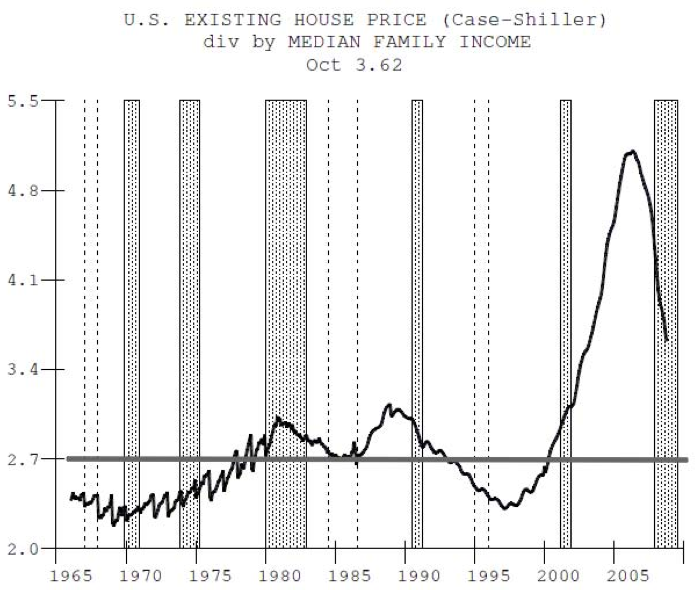Here are a few reasons we think you’ll find forex trading interesting: Large and Liquid Market Forex is the most traded market in the world, with a daily volume exceeding $3.2 trillion, according to the Bank for International Settlements (BIS). Alternative Asset Class Zecco Forex provides access to another asset class where you can make trades independent of overall equity market direction. So if the Dow is plummeting, the dollar could be rallying. And if the dollar is plummeting against the Euro, you might decide to jump on the Euro and ride that wave. Leverage You can get up to 200 to 1 leverage trading foreign currencies. That means $500 cash can purchase up to $100,000 in currencies (my note: and a 2 percent loss will not only wipe out your $500 investment, but leave you owing a further $1500!). Now before you go investing your kid's college funds in currencies, you should recognize that a high degree of leverage can lead to large losses as well as gains. As with any other investment, you should only risk what you can afford to lose. Technical We believe forex trading will be very attractive to active and technical traders. With a multitude of trading opportunities, and a full array of technical strategies, we believe you will find this market worth trading. And because we’re Zecco, you’ll get some of the tightest bid-ask spreads in the business.Every transaction has two sides; a buyer and a seller - someone who thinks the stock's going up and someone who thinks it's going down. If you don't think you know more than the other party (an institutional investor, a hedge fund trader, a math Ph.D in the basement at Goldman Sachs), don't trade. Note how much the email compares this to gambling - they cover every possible investor, from the guy who wants to "ride that Euro wave" to the one with "a full array of technical strategies." A simplified story of how to invest money: Let's say you're at the horse races for the day, at a special horse track called "Dow Jones Fields." Normally, a horse track will post odds, collect everyone's money, remove a 15% cut and then pay out the remaining 85% to the winners - this is called parimutuel betting, because your winnings are funded by your fellow man's loss. Because this is a special track, the return varies - some races, the owners remove 20% of the money pool, some races they put in 30%, and over every race at the track we know that on average, at the end of the day, the owners (Mr. and Mrs. Profits) pitch in four or five percent to the total pool, so there's more money out than went in. Given that this is a racing track, there are lots of individual horses, each with a different record, a different jockey, different starting gate, different odds etc. In addition each horse at this track has qualities called "Beta" and "P/E Ratio" and "Projected Analyst Earnings." We have a pocket full of cash and three possibilities: we can earn below 4-5% return, we can earn exactly 4-5% return, or we can try to beat the market. Three levels up, you can see a bunch of guys in suits and sunglasses making bets. They're trained in horse betting, and make their living making money at the tracks. They're your competition. Now, the surefire way to lose a lot of money is to look at which horses have been winning, figure out who their jockeys are, what their betas are, and what their odds are, and then bet those horses in future races. As humans, we're more than capable of making patterns out of random data. This is exactly what we do when we gamble: in roulette, bet on a "hot" number, or whatever. We could try to bet on the "hot" horses. And we might get lucky and win but odds are we're going to lose, or at least earn less than 4-5%, because of the guys in the suits at the top who know everything and make bets for a living. The best thing to do is to bet every single horse in every single race. This way you guarantee you'll get the market return. Now in an individual race you may be way up or way down depending on how big the pool is. But we more or less know in the long run things are going to be positive.
Liked what you read? I am available for hire.


